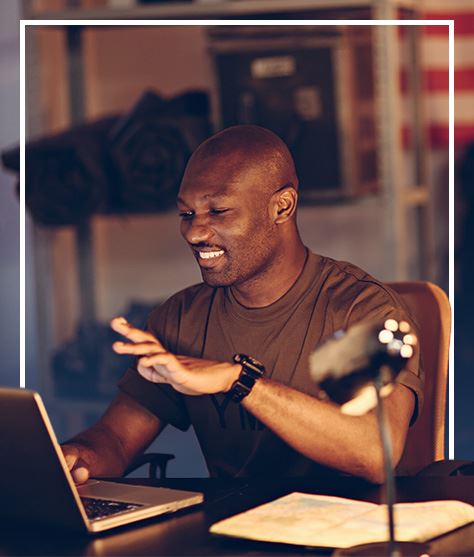
Forensic Science FAQ
Technology has made it a lot easier to tell whether the accusations against a defendant are true. If the prosecution says that you robbed a convenience store, but the store’s surveillance camera footage simply shows you making a purchase and then leaving—or does not capture you in the footage at all—then there is reasonable doubt as to your guilt.
GPS data and cell phone videos have been star witnesses in criminal trials. In some cases, evidence from a crime lab still plays an important role in criminal cases. Even if the prosecution says that the evidence clearly indicates your guilt, your lawyer might be able to argue that there are other possible interpretations of the data, or even that the prosecution mishandled the evidence, leading to inaccurate results of forensic tests.
A federal criminal defense lawyer can help you present a strong case, even if the prosecutors are convinced that the forensic evidence against you is a slam dunk.
Can DNA Evidence Be Wrong?
When analyzed correctly, DNA evidence can be very accurate. If prosecutors argue that DNA evidence connects you to a crime, you may be able to argue that investigators did not have the right to collect the evidence, or that they planted the evidence. The longer the DNA sample stays in the crime lab without being tested, the less accurate the testing is.
What Can Go Wrong with Drug Testing Kits?
In plenty of cases, forensics labs have mixed up drug samples taken from crime scenes. As for field tests used as evidence in drug cases, they are notoriously inaccurate. In many cases, they cannot even tell the difference between controlled substances and ordinary household items.
Do Courts Still Use Fingerprints as Evidence in Criminal Cases?
Fingerprints are still admissible as evidence in criminal cases. Fingerprint evidence is not as specific as DNA evidence, but the use of computers to analyze fingerprints makes fingerprint evidence more reliable.
What Is the Daubert Standard?
In civil and criminal cases, Texas follows the Daubert standard regarding expert witness testimony. When a lawyer wants to summon an expert witness to testify about scientific or medical matters, the Daubert standard requires the judge to review the testimony that the witness plans to present, before letting the jury hear it, to ensure that it is not misleading. When expert witnesses cite published research to support their testimony, the research must clearly state its methodology and rate of error. The research must also be closely related to the case; expert witnesses may not cite animal studies in cases related to medical errors, for example.
A criminal defense attorney can help you persuade the judge to suppress certain pieces of evidence or persuade the jury that the evidence does not necessarily mean what the prosecution says it means.
Contact the Law Office of Patrick J. McLain, PLLC About Forensic Evidence
A criminal defense attorney can help you persuade the judge to suppress certain pieces of evidence or persuade the jury that the evidence does not necessarily mean what the prosecution says that it means. Contact the Law Office of Patrick J. McLain, PLLC in Dallas, Texas to discuss your case.
-
“The experience, passion and most importantly the care provided cannot be beaten.”
“I would get consistent phone calls making sure that I was okay mentally, and not letting myself get painted as a number or a problem despite my command's efforts.”- John -
“Best attorney”
“Mr. Patrick McLain equals instant and good results for you. Hiring Mr. Patrick McLain is the best decision I had made throughout my military career.”- Master Sergeant Michael A Heath Jr. -
“A Marine through and through. He is dedicated to taking care of his clients.”
“He is an excellent lawyer who gives his all for you and gets things done. He has a no-nonsense approach that gets you results.”- Scott S. -
“First class lawyer!!!!!”
Patrick saved my career and my life by proxy, he did everything and more you would HOPE for from a lawyer. Patrick is what you need if you want to win your case!- David L. -
“If anyone needs an attorney that will stand with you during your time of trouble, look no further.”
“Patrick has truly become a good friend and if anyone needs an attorney that will stand with you during your time of trouble, look no further. Patrick J. Mclain is this man.”- Child Abuse Client
